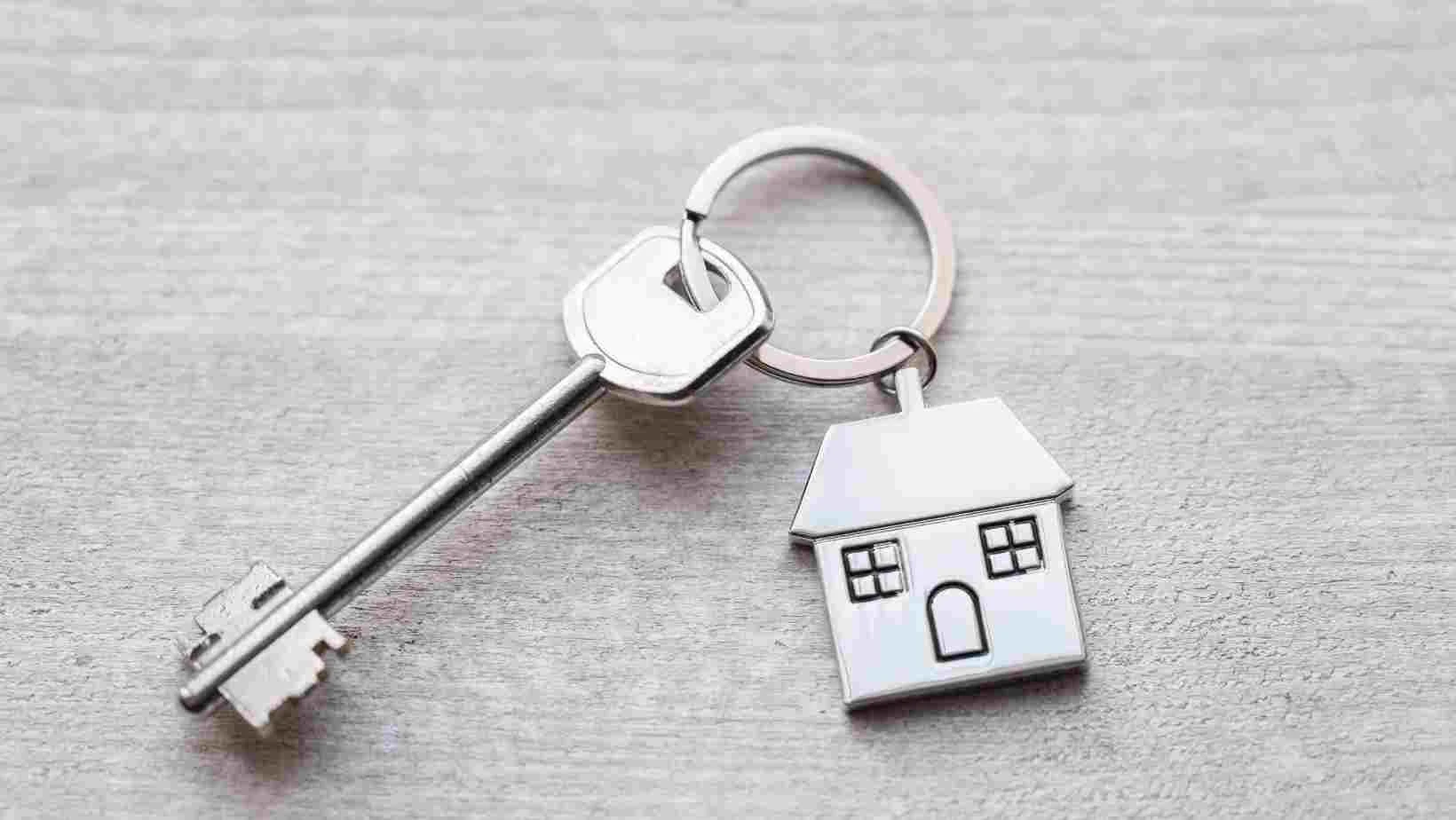Collaborative post by another author. People often become landlords when they purchase a larger second home and rent out the first one, move in with a partner and rent their original home out, or decide to invest in a rental property. It doesn't have to be a whole house though, some people just let out a spare bedroom.
The situation will vary depending on whether you’re a resident landlord, or the entire property is rented to one or more tenants. Other considerations apply too.
Here is how to prepare to be a landlord for the first time.
Assess How Much You Can Receive
The rental revenue is just one part of the rental equation. Look at online listings from Zoopla, Rightmove, or Gumtree to get an initial price range. Note what is and is not included in the rent: some rental listing prices include all the bills, others wont include council tax or the electricity bill.
Most rental properties will be empty in between tenants as repairs are completed or new tenants are looked for so you need to factor in void periods where no rent payments will be received. Also, regardless of how careful tenants are property maintenance is needed periodically just as it is with your primary residence and you will need to have regular safety checks completed. Make sure you deduct maintenance estimates, funds for repairs and the cost of a Gas Safety Certificate from the likely revenue. You can adjust the figures as you become more experienced to ensure you are getting the balance right.
Arrange the Rentals or Use a Letting Agent?
You have a choice between arranging the process yourself or having an agency help you manage the tenancy, in these cases you will need to pay fees.
There are some free places to advertise a rental however, you’re dealing with anyone and everyone with no initial vetting. This will consume a lot of time to weed out time wasters and unsuitable tenants so you can find dependable ones.
Using a letting agent reduces some of the headaches involved with being a landlord. They can collect the rent, arrange new rentals, and vet applicants on your behalf. The fees depend on how involved the letting agent is in the property. Full property management typically costs over 15 percent of the monthly rental income and sometimes 20 percent, whereas a tenant finder service costs less.
Get Correctly Insured
Standard building and contents insurance will not cover being a landlord. Letting the property without permission from the insurer or mortgage lender will also invalidate any insurance claim.
It’s advisable to have landlords insurance when renting out a property. Unintended damage to the property or contents are likely to occur so you need appropriate protection. Typically, tenants take less care in a rental property than in a home they own. Also, natural wear and tear are greater, so replacing furniture and redecorating is needed more frequently than in an owner-occupied home. When you get landlords insurance, be sure that it covers all that’s required.
Licensing and Other Responsibilities
As a landlord, there are regulations and various rules to be aware of:
Electrical System
The landlord is responsible for providing an electric system that’s safe to use. This includes all connected appliances, their fittings, light switches and wiring.
Gas System
Gas equipment must be installed by a Gas Safe engineer. They also must perform yearly safety checks on the gas appliances and provide a Gas Safety Certificate.
The engineer will produce a gas safety check record for the landlord which should be made available to the tenants. Records are normally available on or before 28 days following the inspection.
Fire Prevention
A smoke alarm is required on each level or story of a building. Furthermore, a carbon monoxide alarm is needed in rooms with appliances that burn fuel sources such as coal or wood.
Rental properties with five people from different households – referred to as a large House in Multiple Occupation (HMO) require accessible extinguishers and fire alarms installed.
In all cases, escape routes are needed from all levels. Furnishings and added furniture must have a Fire Safe rating too.
House in Multiple Occupation (HMO)
Some rental listings are marked as HMOs. These are registered and regulated by the local council.
An HMO is a rental property that’s rented by multiple people from several households who use communal facilities, like a kitchen or bathroom.
The landlord often requires a licence from the council for a standard HMO where three people, not from the same household, are renting it. Properties with 5+ tenants from separate households are large HMOs with slightly different requirements, including additional fire safety requirements.
Make a Long-term Commitment
Becoming a landlord is a serious matter. A fair amount of preparation is required beforehand even before the first tenant moves in.
Expect it to be hard work initially and inconvenient at times. However, whether you’re planning to rent a spare bedroom, a former family home, or to purchase a rental property, it can also be rewarding too. Go into it with your eyes open, make the necessary preparations, and it will go much more smoothly.
Don’t be daunted by becoming a landlord. It isn’t as hard as some people make it out to be. And if you don’t want phone calls in the middle of the night, use a letting agent which offers a full service.



.jpg)

.jpg)

.jpg)
.jpg)










No comments
Thanks for your comment (unless it's spam in which case, why?)